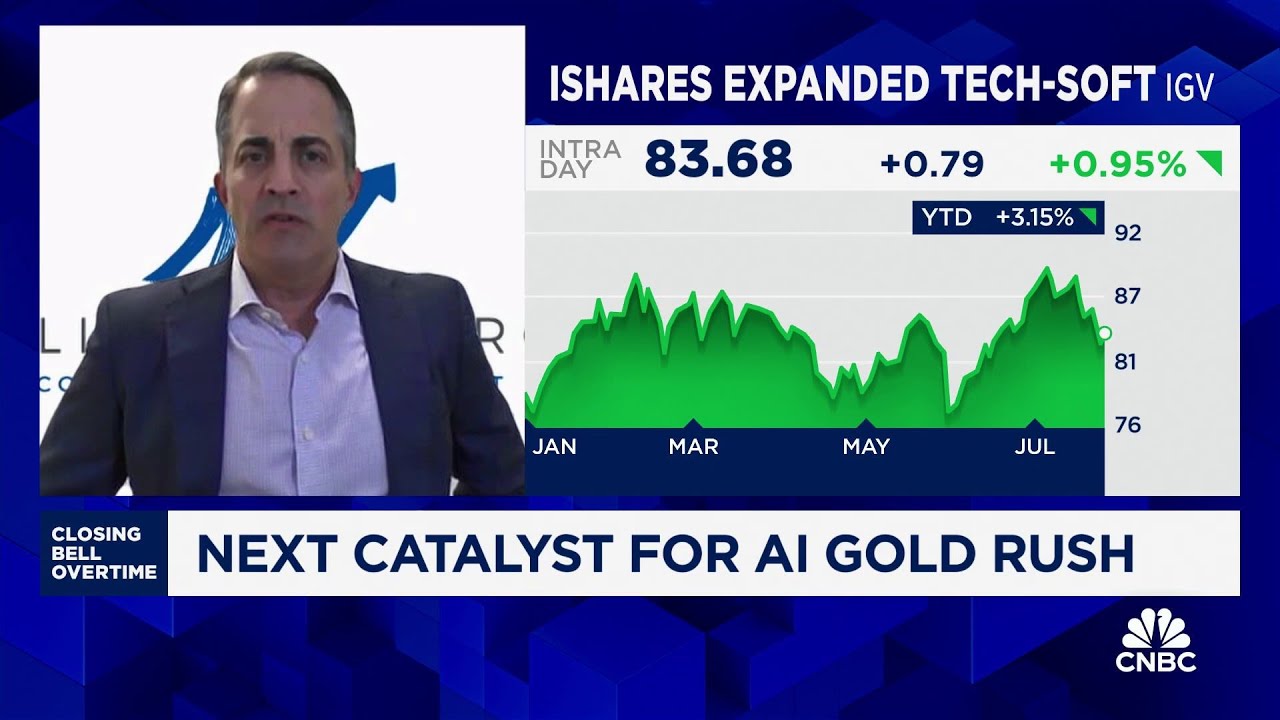Ben Reizes, Head of Technology Research at Melius, discussed the transformative impact of AI on the software market, highlighting the competitive threats posed to established players like Google by companies leveraging AI, such as OpenAI and ServiceNow. He emphasized a shift in investment strategies toward software applications that effectively integrate AI, predicting that companies that fail to adapt will struggle in the evolving technology landscape.
In a recent discussion, Ben Reizes, Head of Technology Research at Melius, shared insights on the impact of artificial intelligence (AI) on software and the technology market. The conversation began with a notable decline in Alphabet shares, which fell 3% following OpenAI’s announcement of its beta launch for SearchGPT. Reizes indicated that OpenAI’s extensive subscriber base and the potential to merge functionalities could pose a significant threat to established players like Google, especially considering the past attempts by Microsoft to utilize AI in this competitive space.
Reizes highlighted the growing interest in AI-driven solutions, particularly in companies like ServiceNow and Pega Systems, which are focusing on business process automation. He referenced comments from Pega’s CEO, who noted that AI is becoming increasingly integral to businesses seeking to optimize processes, improve efficiency, and enhance customer service. This trend indicates a shift in how companies are approaching software solutions, with an emphasis on AI capabilities.
The discussion also touched on the competitive landscape within the software industry, with Reizes emphasizing that not all companies are benefiting from AI. He pointed out that while some businesses, like ServiceNow, are successfully implementing AI tools tailored to specific industries, others may struggle to keep up. The effectiveness of AI integration often depends on how well a company markets and applies its technology, leading to a “barbell” effect where certain players thrive while others falter.
Reizes addressed the potential rotation in investment strategies as the AI landscape evolves. He suggested that investors might consider shifting their focus from early-stage AI infrastructure to software applications that demonstrate clear benefits from AI integration. The idea is that as AI becomes more embedded in business processes, companies that can effectively leverage these tools will stand out, creating new opportunities for investment.
Finally, Reizes conveyed a long-term perspective on AI’s impact on the software market, predicting that AI will fundamentally alter how software is developed and utilized. He stressed that while the transition won’t happen overnight, companies that fail to adapt to the growing importance of AI risk being left behind. As AI continues to reshape the industry, the need for innovative solutions and efficient processes will drive both competition and investment in the technology sector.
